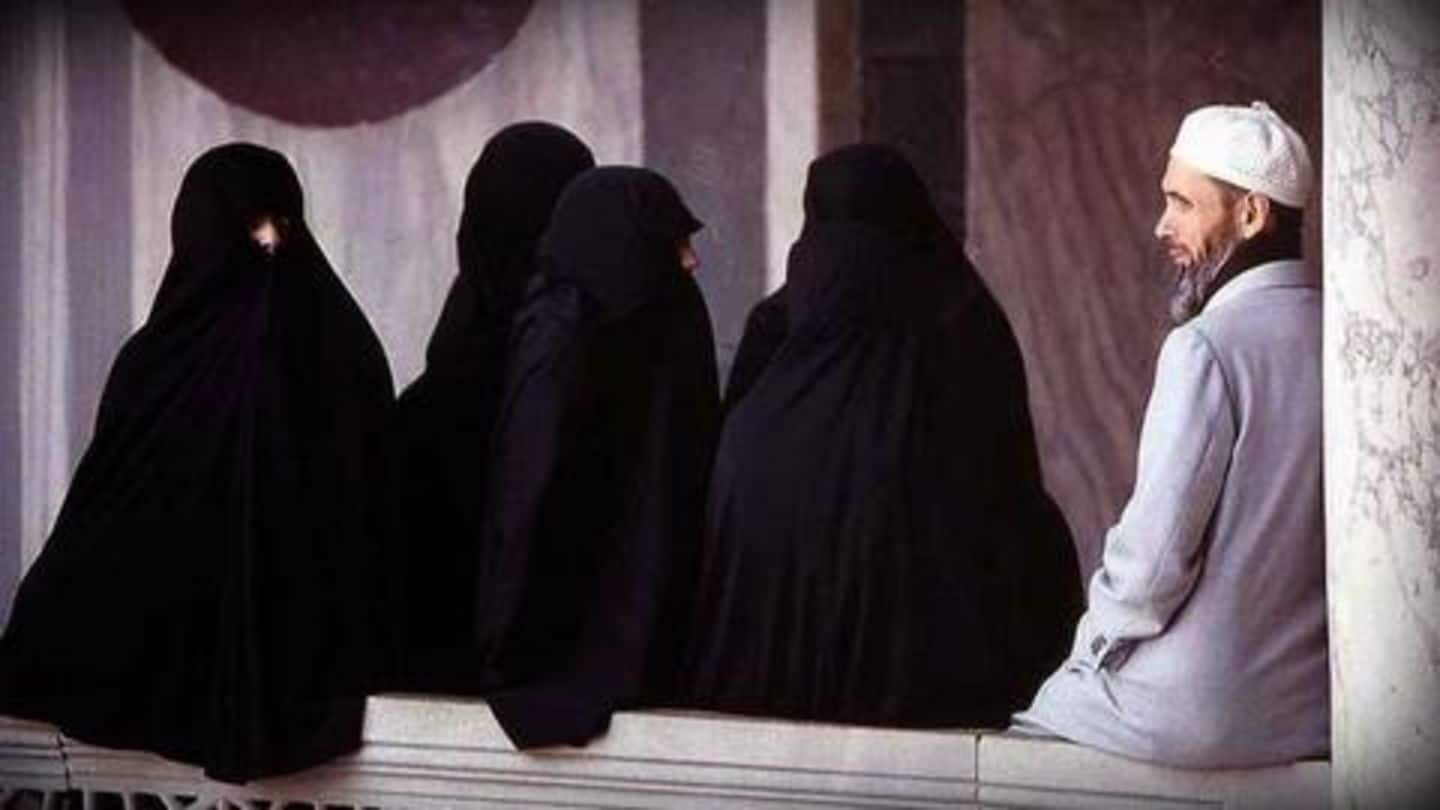
People from other faiths shouldn't question Muslim law: Muslim Body
What's the story
The All India Muslim Personal Law Board has approached the Supreme Court seeking impleadment of a PIL which sought a ban on Islamic practices like Nikah Halala and polygamy, saying that practices of one faith shouldn't be questioned by those belonging to others. Asserting that it has been working for Muslims' rights, the body asked to consider its viewpoint on the matter.
Context
Ill practices, banned otherwise, are allowed in Muslim community
Polygamy is banned in India, but an exception was made for Muslims under the Muslim Personal Law (Shariat) Application Act, 1937. Likewise, the despicable practice of Nikah Halala is followed. Under this practice, a divorced Muslim woman isn't taken back by her husband until she marries another man and consummates the marriage. After the second husband divorces her, she can re-marry the first one.
Petition
Shedding light on oppressive practices, petitioner moved SC
Recently, a petitioner named Ashwini Kumar Upadhyay submitted in SC that polygamy violates IPC Section 494 and Nikah Halala fits into the definition of rape under Section 375 of IPC. He claimed religious leaders use their position to exploit women, hence, these practices should end. The fundamental rights enshrined in Articles 14, 15 and 21 of the Indian Constitution are also violated through these.
Quote
Here's what the petition read
"The failure to secure the same equal rights and life of dignity for Muslim women violates their most basic human and fundamental right to life of dignity unmarred by gender discrimination, which in turn have a critical impact on their social and economic rights," the petition read.
Statement
Board said SC refused to entertain similar pleas in 1997
Taking a strong offense at the plea, AIMPLB reminded that the top court already dealt with these issues in 1997 and refused to entertain pleas. "That personal laws do not derive their validity on the ground that they have been passed or made by a legislature or by other competent authority. The fundamental source of personal laws are their respective scriptural texts," AIMPLB said.
Quote
Board said these laws are deeply rooted in Quran
"The Mohammedan law is founded essentially on holy Quran and the Hadith of the Prophet Mohammed and thus it can't fall within purview of expression ''laws in force'' as mentioned in Article 13 of the Constitution and hence its validity cannot be tested," it added.
Details
Board also claimed Uniform Civil Code can't be enforced
About the Uniform Civil Code (UCC), the Board claimed it was just a "directive principle of state policy" and is in no way enforceable. The body said those who framed the Constitution were fully aware that different religions will have different codes, hence, laid down just the guiding principles. To note, SC had in 2018 decided to scrutinize the constitutional validity of these practices.